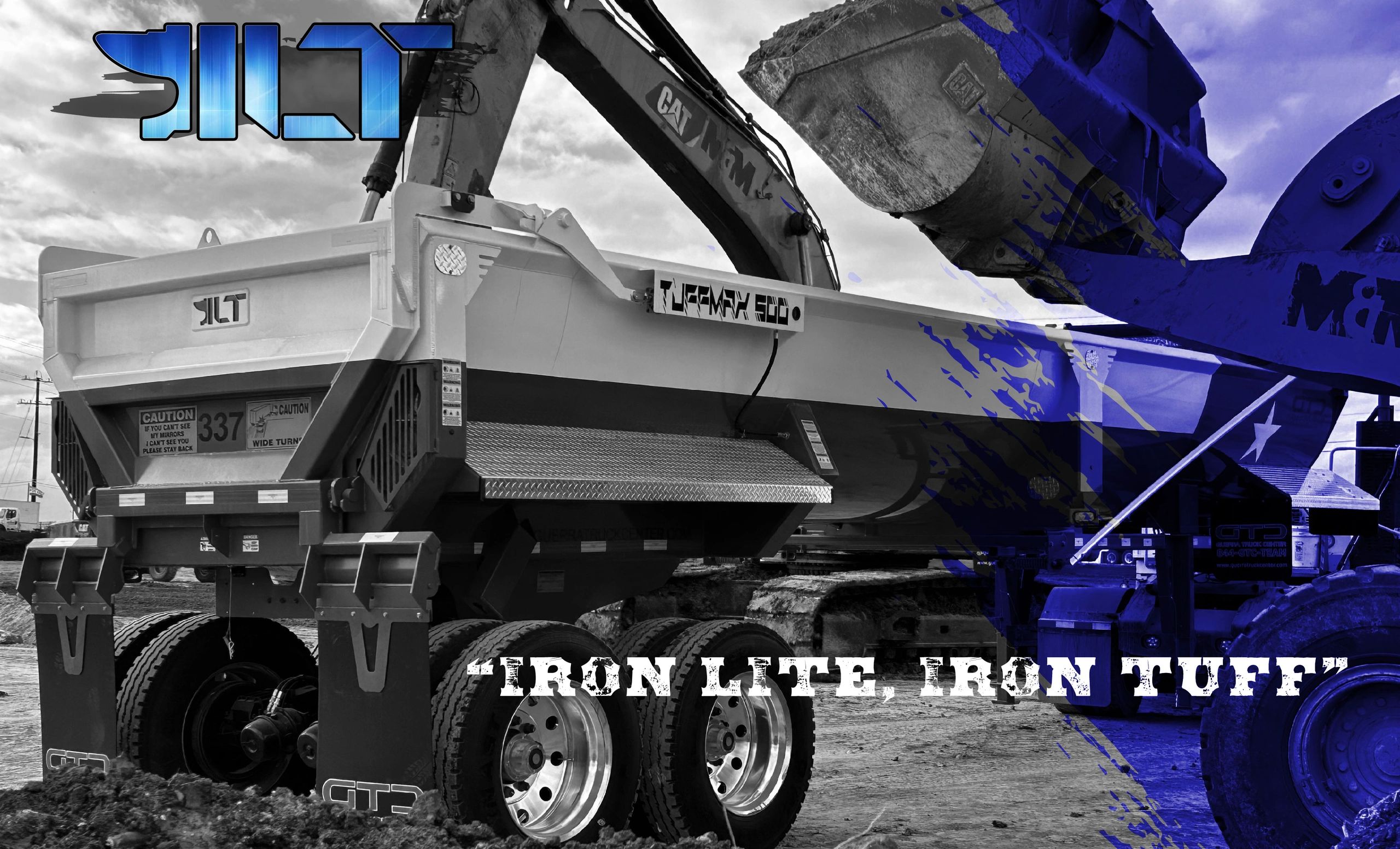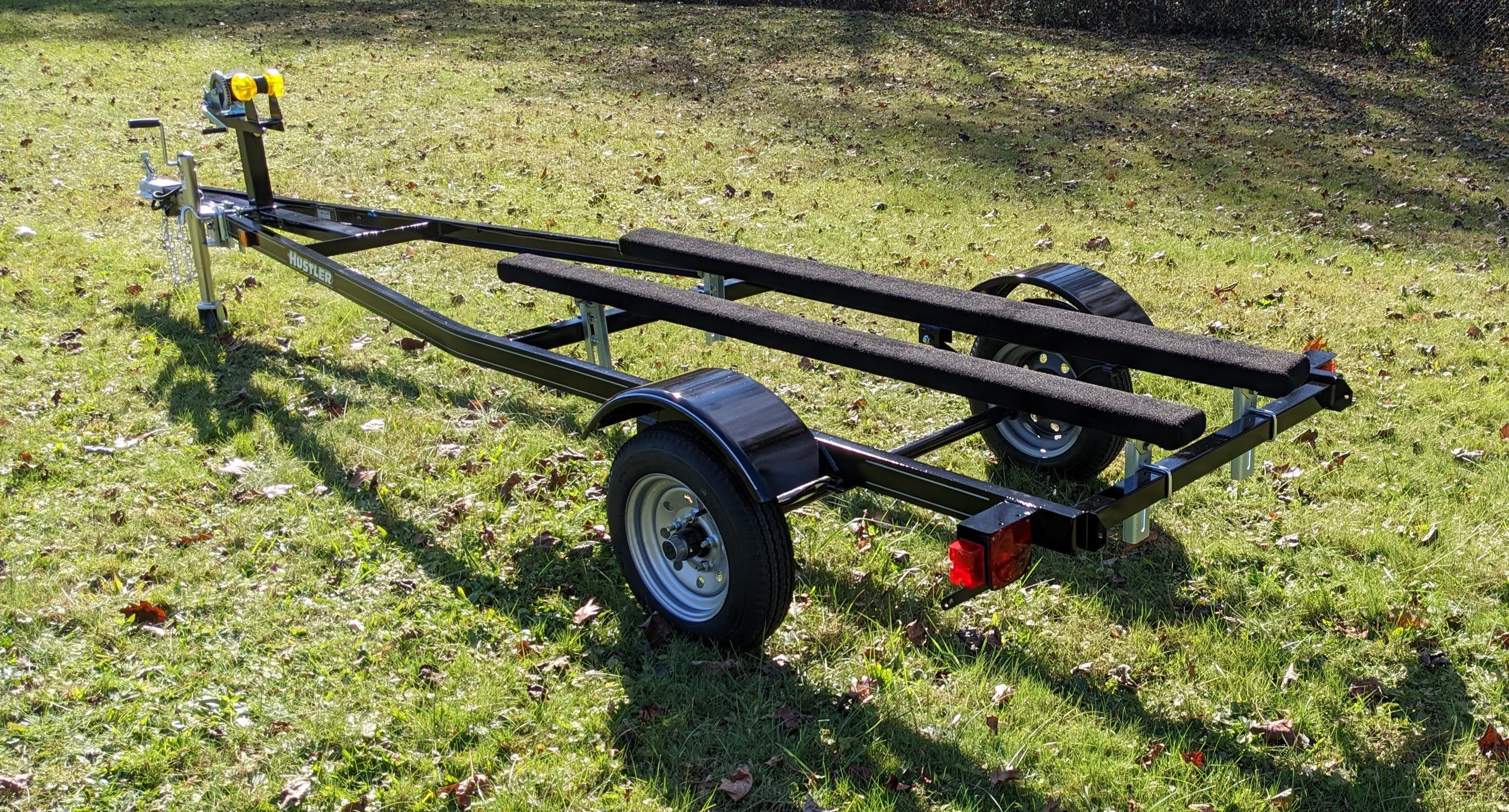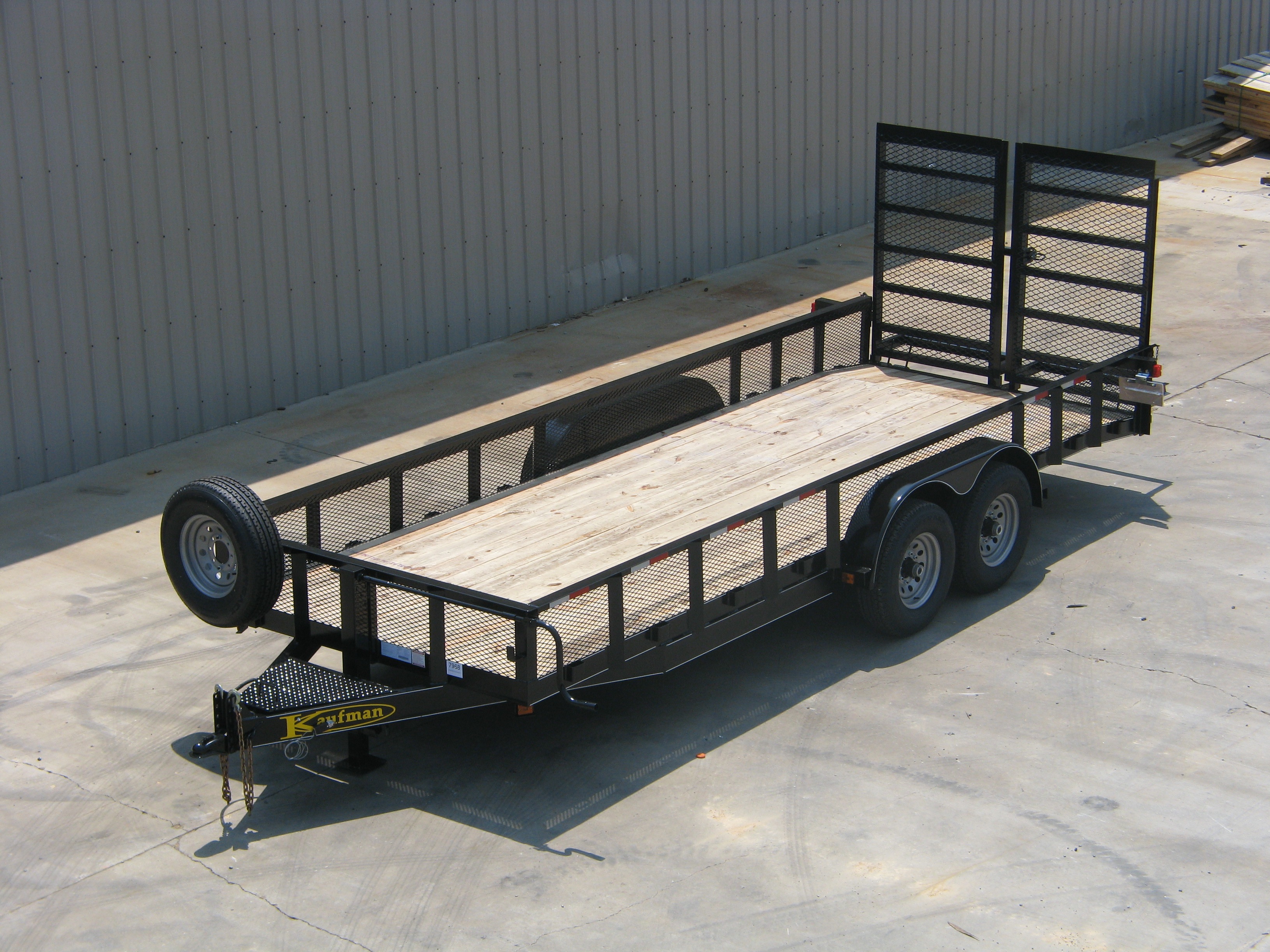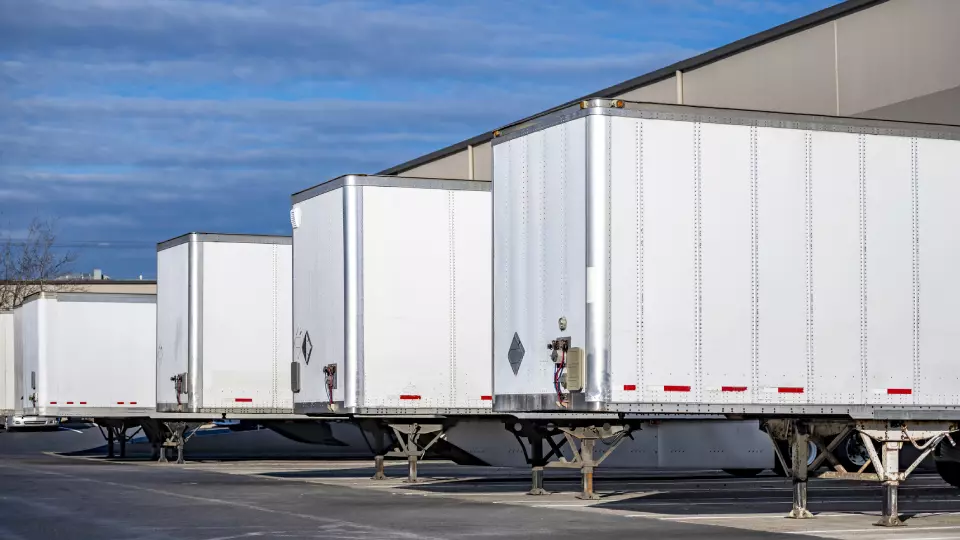When it comes to towing a trailer, safety is paramount. One of the most critical components of your trailer’s braking system is the brake cable. Proper maintenance of this cable not only ensures the safe operation of your trailer but also prolongs its lifespan. In this article, we will explore the top tips for maintaining your trailer’s brake cable, ensuring that you are well-equipped to handle this essential aspect of your towing experience.
Understanding the Importance of Brake Cables

Brake cables are vital for the effective operation of your trailer’s braking system. They facilitate the transmission of force from the brake pedal to the brakes, allowing for quick stops and controlled deceleration. Neglecting the maintenance of your brake cable can lead to various issues, including:
- Inconsistent braking performance
- Increased wear on brake components
- Potential accidents due to brake failure
Statistics show that improper trailer maintenance contributes to a significant percentage of towing accidents. According to the National Highway Traffic Safety Administration (NHTSA), about 10% of all motor vehicle accidents involve trailers. A large portion of these incidents can be attributed to brake failure. Thus, understanding how to maintain your brake cable is not just about vehicle upkeep—it’s about safety on the road.
Regular Inspections

One of the most effective ways to ensure your brake cable remains in good condition is through regular inspections. Establishing a routine inspection schedule can help you catch potential issues before they escalate. Here are some key aspects to check during inspections:
- Visual Inspection: Look for signs of wear and tear, such as fraying or corrosion. Examine the entire length of the cable for any visible damage.
- Functionality Test: Engage the brake to ensure that the cable is functioning smoothly without any sticking or binding.
- Connection Points: Inspect the connection points where the cable attaches to the brakes and the actuator. Ensure they are secure and free from rust.
Consider creating a checklist for your inspections to ensure nothing is overlooked. Regular inspections can help you identify problems early and save you time and money in the long run.
Lubrication is Key

Proper lubrication of your trailer’s brake cable is crucial for smooth operation. A well-lubricated cable reduces friction and prevents premature wear. Here’s how to keep your brake cable well-lubricated:
- Choose the Right Lubricant: Use a silicone-based lubricant or a dedicated cable lube. Avoid using oils that can attract dirt and grime.
- Apply Lubricant Sparingly: Apply lubricant to the cable while pulling it through the housing. This ensures even distribution and prevents over-lubrication.
- Re-Lubricate Regularly: Depending on usage, aim to lubricate your brake cable at least once every six months or more frequently if you use your trailer regularly.
Protecting Against the Elements

Environmental factors can significantly affect the performance and longevity of your brake cable. Here are several strategies for protecting your brake cable from harsh conditions:
- Use a Cable Sleeve: Consider using a protective sleeve over your brake cable to shield it from moisture, dirt, and debris.
- Store Your Trailer Properly: When not in use, store your trailer in a garage or covered area to protect it from the elements.
- Inspect After Exposure: After towing in adverse weather conditions, inspect the brake cable for signs of moisture or corrosion.
Understanding When to Replace the Brake Cable

Even with the best maintenance practices, brake cables have a finite lifespan. Knowing when to replace them is crucial for safety. Here are some indicators that it may be time for a replacement:
- Visible Damage: If the cable shows signs of fraying, kinks, or severe corrosion, it should be replaced immediately.
- Poor Performance: If you notice a significant decrease in braking efficiency, it may indicate that the cable is worn out.
- Age: Most brake cables should be replaced every 3-5 years, depending on usage and environmental conditions.
Case Study: Real-Life Experiences with Brake Cable Maintenance

To illustrate the importance of brake cable maintenance, consider the case of John, an avid camper who regularly towed a trailer across various terrains. Despite performing regular checks on other aspects of his trailer, John neglected the brake cable. After a series of long trips, he noticed a decrease in braking efficiency. One day, while descending a steep hill, he realized that the brake cable had frayed significantly, leading to a near accident.
After this experience, John committed to a rigorous maintenance schedule that included regular inspections, lubrication, and timely replacements of worn cables. Since implementing these practices, he has not experienced any brake-related issues, underscoring the importance of maintaining trailer brake cables.
Maintaining your trailer’s brake cable is an essential aspect of ensuring safe towing and prolonging the life of your braking system. Regular inspections, proper lubrication, protection against the elements, and timely replacements are all critical practices that can significantly enhance performance and safety. As illustrated through the case study, neglecting brake cable maintenance can lead to severe consequences, including accidents. By adhering to the tips outlined in this article, you can enjoy a safer and more reliable towing experience.
Remember, safety is not just a priority; it should be a habit. Make brake cable maintenance a regular part of your trailer upkeep routine, and you’ll be well on your way to ensuring safe travels for you and your cargo.





